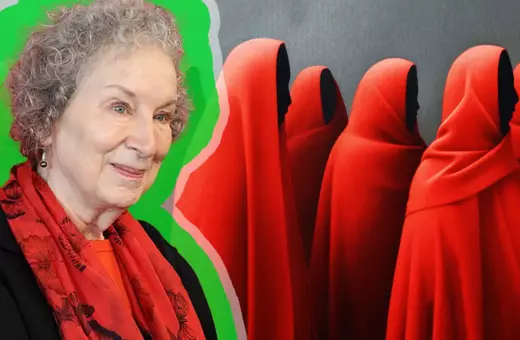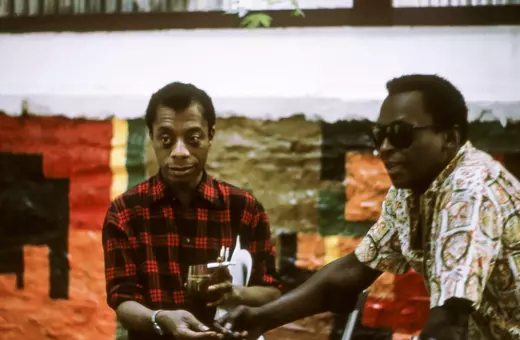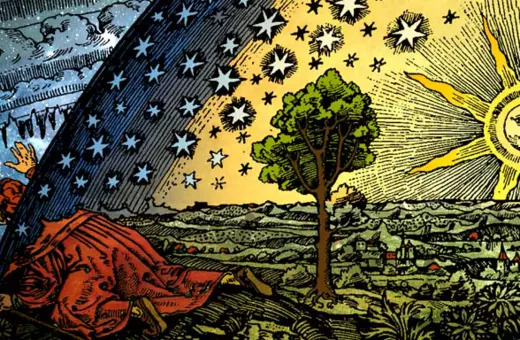We think we are a self. Separate from the environment and other people. We even write memoirs about our so-called self, and go to therapy to unearth its hidden depths. But the self is not separate. We are made of our relationships with others, writes Elliot Jurist.
Memoirs are proliferating at an extraordinary pace. The genre has become emblematic of our time – revelry in the splendor of the almighty self. Something similar might be said about therapy. Yet memoirs and therapy are usually not just about the self – more often they are about fathoming relationships and refining the meaning of connections with others. This is especially evident in memoirs which discuss therapy, such as recent memoirs by Vivian Gornick, Alison Bechdel and Stephanie Foo. These books make clear that while memoirs and therapy are inescapably indulgent, they need not be self-indulgent.
After all, one can indulge others as well as indulging oneself. This captures what is true about memoir and therapy: although they might portend an orgy of self-gratification, they include a place for recognizing and gratifying others.
The verb ‘indulge’ comes from the Latin, meaning “to give free reign to,” an appealing way to think about memoir and therapy and how they overlap. There is a fascinating ambiguity across dictionary definitions about whether to indulge means “to do and enjoy something pleasurable” or “to do something in excess” (or “to do something that is bad or unhealthy”). The latter definition involves a further ambiguity, between doing something in excess so that it becomes bad versus doing something that is inherently bad. This sinister aspect of indulgence likely stems from its religious appropriation as a vehicle to address sin: the Church could grant ‘indulgences’ to sinners, thereby reducing their punishment. While indulgence has an obvious link to going astray, the link to healing is unexpected, another way it is suitably applied to both therapy and memoir.
The difference between indulgence and self-indulgence becomes clear when we turn to memoirs that describe therapy. The three memoirists mentioned above all describe different ways that relationships define us and help us to know ourselves. All three focus on their relationships to their mothers.
___
And all three use memoir and therapy to help them avoid the self-indulgence of feeling like victims without agency, while giving free reign to their need to better understand their relationships with others.
___
In Fierce Attachments, the sense of safety that attachment can bring is counterbalanced by Gornick’s struggle with attachment that feels oppressive and causes resentment. Attachment might be a biological need, but that does not mean that it is always gratifying.
Gornick’s immigrant mother has high-minded aspirations but is also critical and frustrated by the limiting conditions for women at that time. Gornick’s father died when she was thirteen years old, resulting in her mother returning to work and mourning her husband interminably. The fierce quality of this attachment served as compensation for the loss, but led Gornick to seek separation as much as closeness.






















Join the conversation